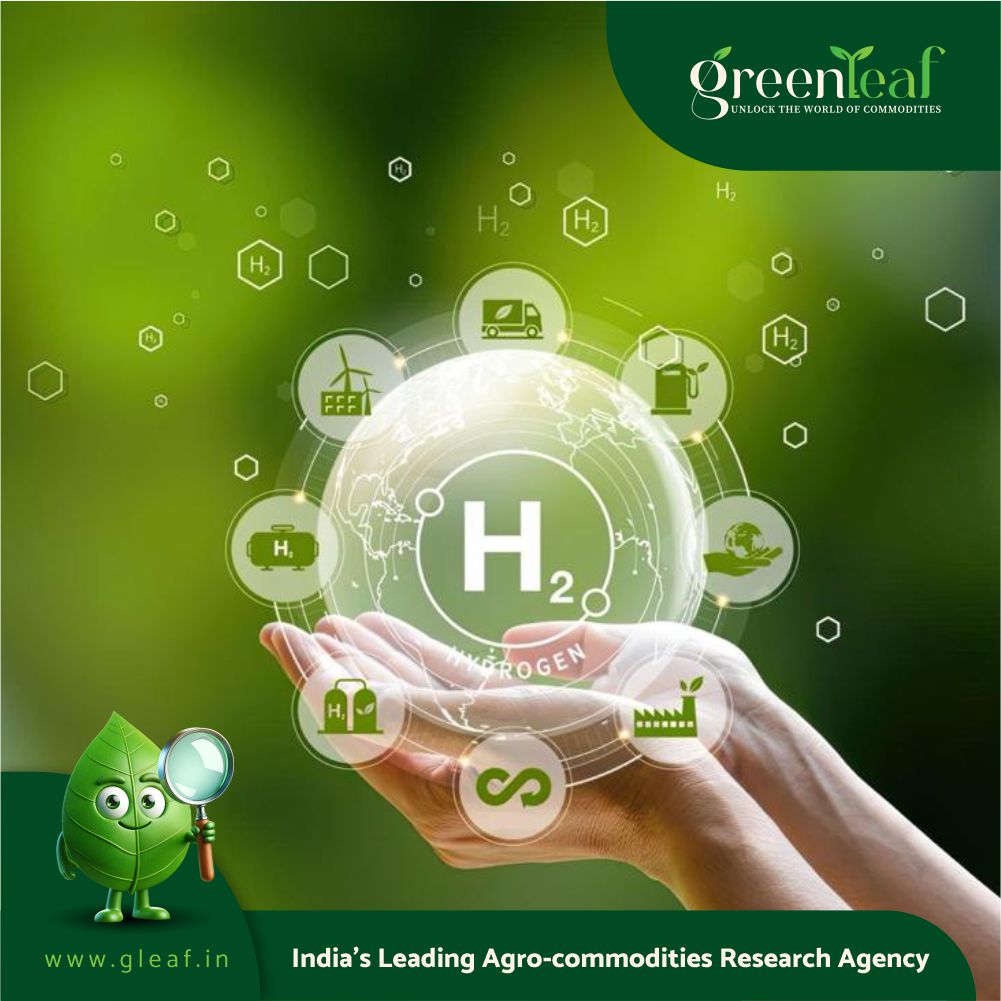A US start-up that claims it can make baseload electricity for less than $0.01 per kWh has secured 11 patents for its geothermal technology, with a view to deploying it to make green hydrogen-based fuels.
Florida-based Magma Power, founded in 2022, also claims that green hydrogen made using its closed-loop geothermal technology can be produced for under $1/kg.
The 11 patents cover the use of the technology in green fuel production, renewable baseload electricity production, bitcoin mining and artificial intelligence data centres.
Magma’s technology envisages drilling kilometres underground into magma chambers — pockets of molten lava beneath the Earth’s crust, which reach temperatures of 900-1,200℃.
Water or some other working fluid is then poured into the well via Magma’s “heat transfer technology” — essentially a closed-loop tube which runs between the magma chamber and the surface — to bring up high-temperature heat that can then be deployed as process or space heating, or converted to electricity, perhaps via a steam turbine.
The method is similar to that deployed by Canadian geothermal firm Eavor, which has been operating a pilot project in Canada since 2019, and is building another project in Germany.
But unlike these projects, MagmaPower is directly targeting the production of green hydrogen-based products, with plans to develop a massive 1GW geothermal power and green ammonia production complex.
The site — for which there are no further details on location or cost — would comprise a field of 20 “pods” (with each pod comprising 20 wells) to supply the 1GW plant.
However, Magma has not yet reported drilling any wells, stating on its website that its plan to drill 500 feet (152 metres) into magma via a 2km is still “in progress”.
Magma Power has up until now relied upon data collected by the US state-owned Sandia Laboratories as part of research carried out during the 1970s.
“We're building on a foundation of decades of scientific research, but our approach takes it further,” said KC Conner, founder and technology inventor at Magma Power. "We’ve refined this technology to a point where it can be implemented at scale, providing reliable, clean energy to industries that need it most—whether it's data centres, manufacturing, or transportation.”
The company’s business model also appears to centre upon licensing its technology, with the news of the patent awards accompanied by Magma’s stated intention to license its technology at more than 1,000 sites it has identified globally within the next 12 months — a proposition that will set a potential licensee back at least $50,000 per month before production begins, with Magma expecting to collect a minimum of 12.5% royalties on revenue generated from power or green fuels.
But the company has not given any details of where the 1,000 sites are, or how difficult it might be to secure drilling rights at any of them.
Would cheap power really make such a difference?
If Magma’s claim that it can make baseload power for under ($0.01) per kWh (under $10/MWh) is realised, it could revolutionise the cost of green hydrogen production.
Power costs make up 40-70% of the levelised cost of hydrogen production (LCOH) for renewable H2, and persistently high renewable electricity prices are generally believed to be responsible for the fact that LCOH has not dropped to the levels previously expected, even as the technology has matured.
Moreover, the ability to supply constant baseload power (as opposed to the variable output from wind or solar) would allow continuous electrolyser operation, increasing the machine’s efficiency and the plant’s hydrogen output.
In the US, where wholesale electricity prices have so far in 2024 averaged $45/MWh (across a vast range of prices, region by region), according to the Energy Information Service, power costs would add roughly $2.40 to LCOH, on average.
In Europe, where the annual average price of wholesale electricity was around $61.60/MWh in 2024, electricity adds around $3.30 to LCOH.
But using baseload electricity priced at $10/MWh, which Magma says it can supply, would reduce that additional cost to around $0.56/kg.
According to the Clean Hydrogen Partnership’s LCOH calculator, this would reduce the LCOH of EU-made hydrogen to $4.38/kg, from around $10/kg previously.
German consultancy Agora Energiewende, which calculates LCOH slightly differently, estimates that it would slash LCOH of European hydrogen to just $1.95/kg.
















